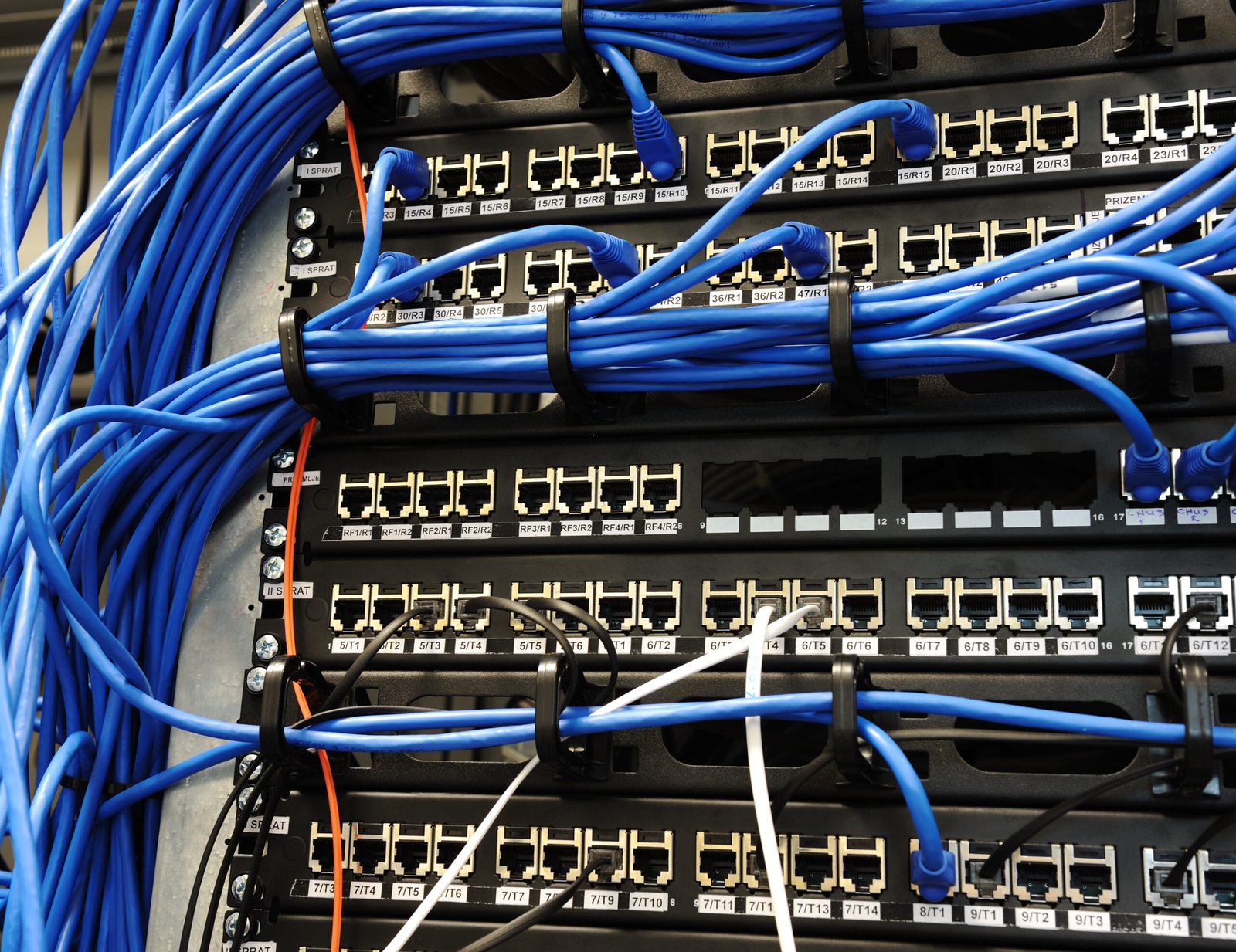The broadband industry thrives on speed—both in terms of internet connectivity and time-to-market for new services. However, one critical bottleneck that Internet Service Providers (ISPs) frequently encounter is Customer Premises Equipment (CPE) certification delays. These delays can derail product launches, strain customer relationships, and even lead to financial losses.
In this article, we’ll explore why CPE certification is essential, the common causes of delays, their impact on ISPs, and strategies to mitigate these setbacks—ensuring smoother, faster deployments.
Why CPE Certification Matters for ISPs
CPE certification is a mandatory process where networking devices (such as modems, routers, and ONTs) undergo rigorous testing to ensure compliance with industry standards, regulatory requirements, and network compatibility. Certifications may include:
- FCC (Federal Communications Commission) – For electromagnetic interference compliance.
- Wi-Fi Alliance – Ensuring interoperability with Wi-Fi standards.
- ISP-specific testing – Validating seamless integration with the provider’s network.
Without certification, ISPs risk deploying faulty or non-compliant equipment, leading to poor customer experiences, legal repercussions, and costly recalls.
Common Causes of CPE Certification Delays
1. Backlogs at Certification Labs
Testing facilities often face high demand, leading to extended wait times. A surge in new device submissions (especially with emerging technologies like Wi-Fi 6E or DOCSIS 4.0) can further slow down the process.
2. Failed Compliance Tests
If a device fails initial testing, manufacturers must make adjustments and resubmit—adding weeks or even months to the timeline. Common failure points include:
- Radio frequency (RF) interference issues
- Firmware bugs affecting performance
- Security vulnerabilities
3. Supply Chain Disruptions
Component shortages or manufacturing delays can postpone device submissions, indirectly extending certification timelines.
4. Changing Regulatory Requirements
Standards bodies occasionally update compliance rules, forcing ISPs and manufacturers to retest previously approved devices.
5. Lack of Pre-Certification Testing
Some manufacturers skip in-house pre-certification checks, leading to unexpected failures during official testing.
How CPE Certification Delays Hurt ISP Launches
1. Missed Market Opportunities
Delayed launches mean competitors may deploy similar services first, capturing market share and early adopters.
2. Increased Operational Costs
- Storage fees for warehousing uncertified equipment.
- Penalties from vendors or customers for late deployments.
- Repeated testing costs if devices fail multiple rounds.
3. Customer Dissatisfaction & Churn
If an ISP announces a launch date but fails to deliver due to certification delays, subscribers may switch to competitors offering immediate availability.
4. Strained Vendor Relationships
Repeated delays can erode trust between ISPs and their hardware suppliers, complicating future collaborations.
5. Regulatory & Legal Risks
Deploying uncertified devices (even unintentionally) can lead to fines or forced service suspensions.
How ISPs Can Mitigate CPE Certification Delays
1. Partner with Reputable Certification Labs Early
Engage accredited labs well in advance and confirm their current backlog to set realistic timelines.
2. Conduct Pre-Certification Testing
Work with manufacturers to perform internal compliance checks before official submissions, reducing the risk of failures.
3. Opt for Modular Certification (When Possible)
Some standards allow partial certifications (e.g., hardware first, firmware later), speeding up approvals.
4. Maintain Buffer Stock
Keep extra inventory of previously certified devices to bridge gaps during delays.
5. Monitor Regulatory Updates
Stay ahead of changing requirements by participating in industry forums and subscribing to updates from standards bodies.
6. Negotiate SLAs with Vendors
Include penalty clauses for certification-related delays in supplier contracts to incentivize timely compliance.
Real-World Example: The DOCSIS 3.1 Rollout Delays
When DOCSIS 3.1 was introduced, many ISPs faced 6-12 month delays due to certification bottlenecks. Some providers resorted to leasing pre-certified modems temporarily, while others pushed back launch dates—costing millions in lost revenue.
Conclusion: Proactive Planning is Key
CPE certification delays are an unavoidable challenge in the ISP industry, but their impact can be minimized with strategic planning. By partnering with reliable labs, enforcing strict pre-testing protocols, and maintaining flexible deployment strategies, ISPs can navigate these hurdles and maintain competitive launch timelines.
For ISPs, the lesson is clear: Certification readiness is just as crucial as network readiness.
